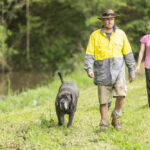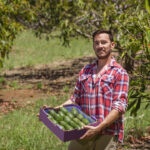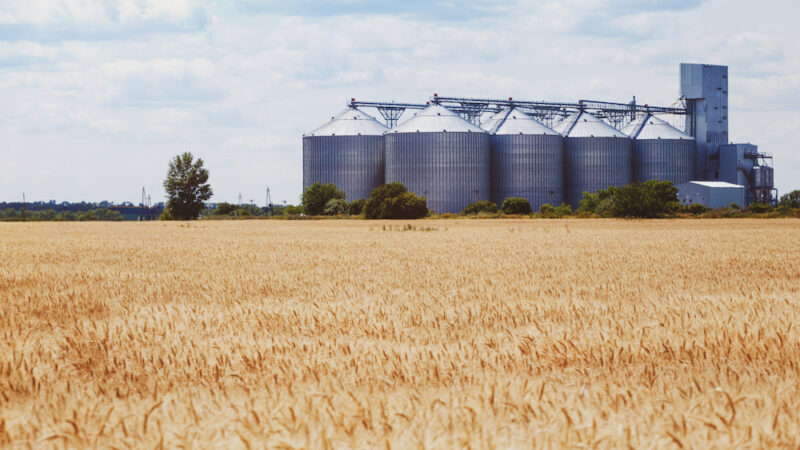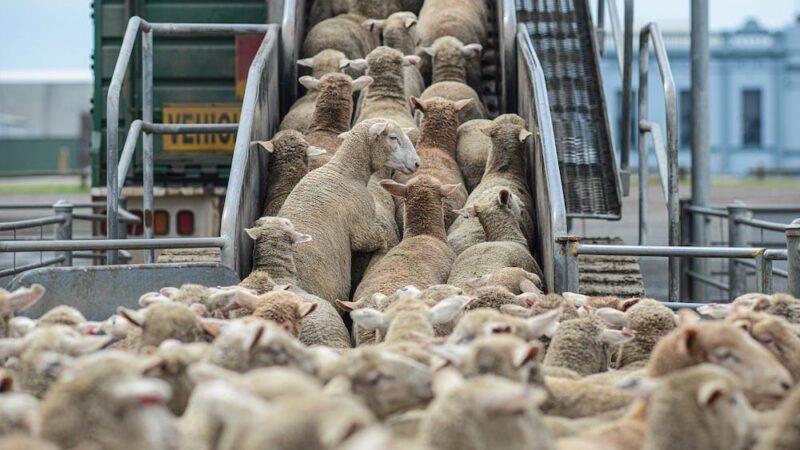Traditionally in Australia, the family farm has been passed on to the next generation. But…
Crisis response to Lumpy Skin Disease
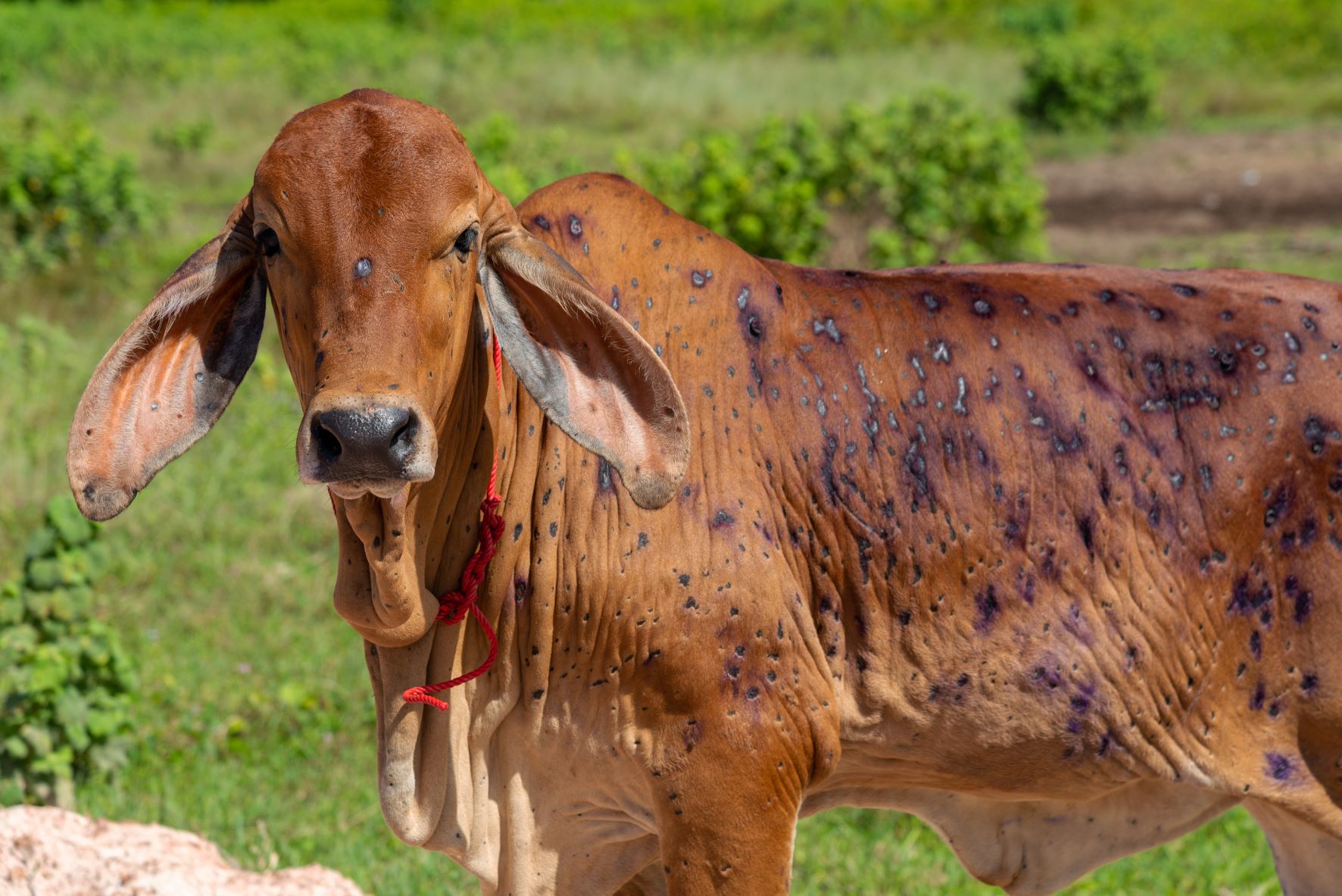
Australia�s beef and dairy industries have activated a crisis response to the significant risk posed by the declared presence of Lumpy Skin Disease in Sumatra, Indonesia.
Originating in Africa, Lumpy Skin Disease is currently endemic in most of Africa, the Middle East and Turkey. Since 2019, the disease has spread through China and Southeast Asia. In 2021 the disease was confirmed in Vietnam, Thailand and Malaysia.
LSD was officially reported on the island of Sumatra in March this year and is predicted to spread east and south through the rest of the Indonesian archipelago.
Based on a structured expert judgement (SEJ) exercise conducted this month, the Melbourne University’s Centre of Excellence for Biosecurity Risk Analysis (CEBRA) has suggested a 28 per cent probability of an LSD outbreak in Australia in the next five years.
CEBRA said that represents an estimated 3 to 4-fold increase in the expected probability compared to a separate exercise one year ago.
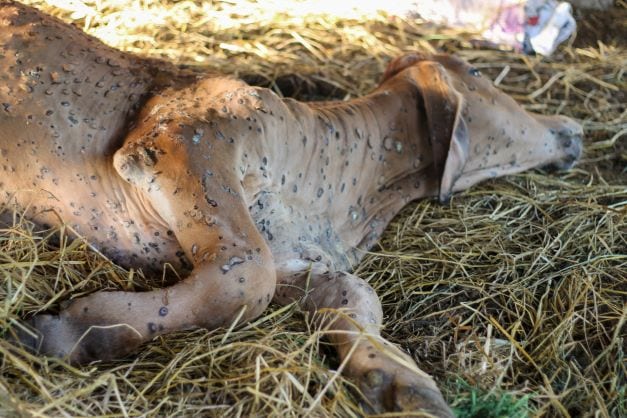
�The red meat and livestock industry activated its crisis response process, or CRIMAC,� said Red Meat Advisory Council (RMAC) Independent Chair John McKillop.
�An agreed action from the CRIMAC meeting on 8 April 2022 was to form a high-level cross-industry taskforce to ensure coordination and collaboration across all affected industry sectors.
�The taskforce is comprised of senior representatives of RMAC, National Farmers� Federation, Australian Dairy Farmers� and the respective industry service providers.�
Mr McKillop said one of the taskforce�s key objectives is to undertake a whole-of-industry coordination and collaboration role in the management of identified Lumpy Skin Disease related risks.
Lumpy Skin is a viral disease of cattle and water buffalo that causes relatively low mortality, however, the disease can result in animal welfare issues and significant production losses.
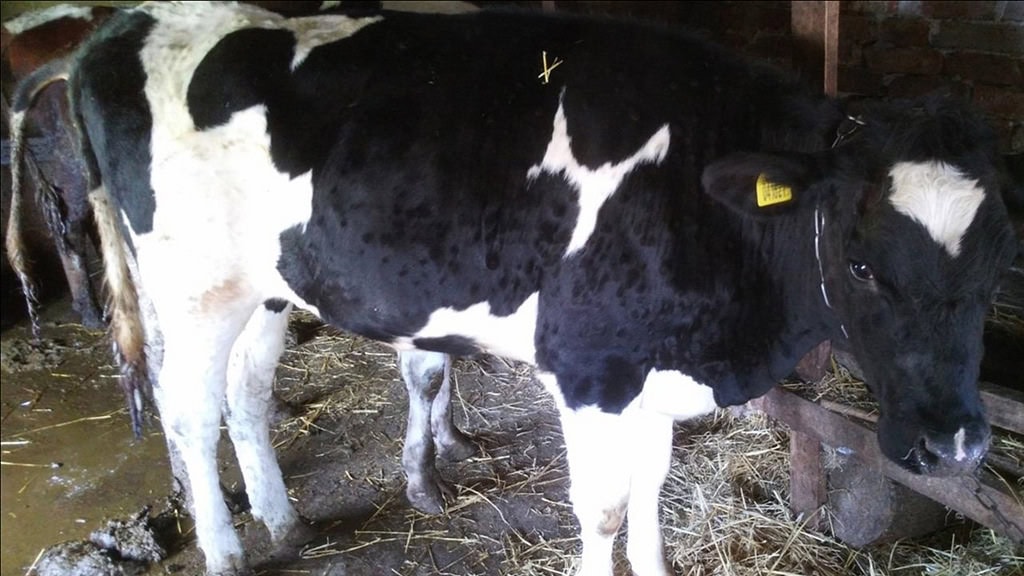
The disease is spread primarily by biting insects such as certain species of flies, mosquitoes and possibly ticks. It does not pose a risk to human health.
With LSD likely to continue moving south to closer neighbours like Timor, beef and dairy farmers in NSW are concerned about an increased risk of disease-carrying insects being blown to Northern Australia on monsoon winds.
�If LSD were to occur in Australia, it would have significant consequences for our beef, water buffalo, and dairy cattle industries,� said NSW Farmers Cattle committee chair Deborah Willis.
�The cost of an LSD incursion would also see severe economic losses to Australia�s meat processing sector.
�If wild buffalo populations and cattle in northern Australia�s extensive rangelands were exposed to LSD, reservoirs of the virus could establish. If this were to occur, eradication would be extremely difficult.�
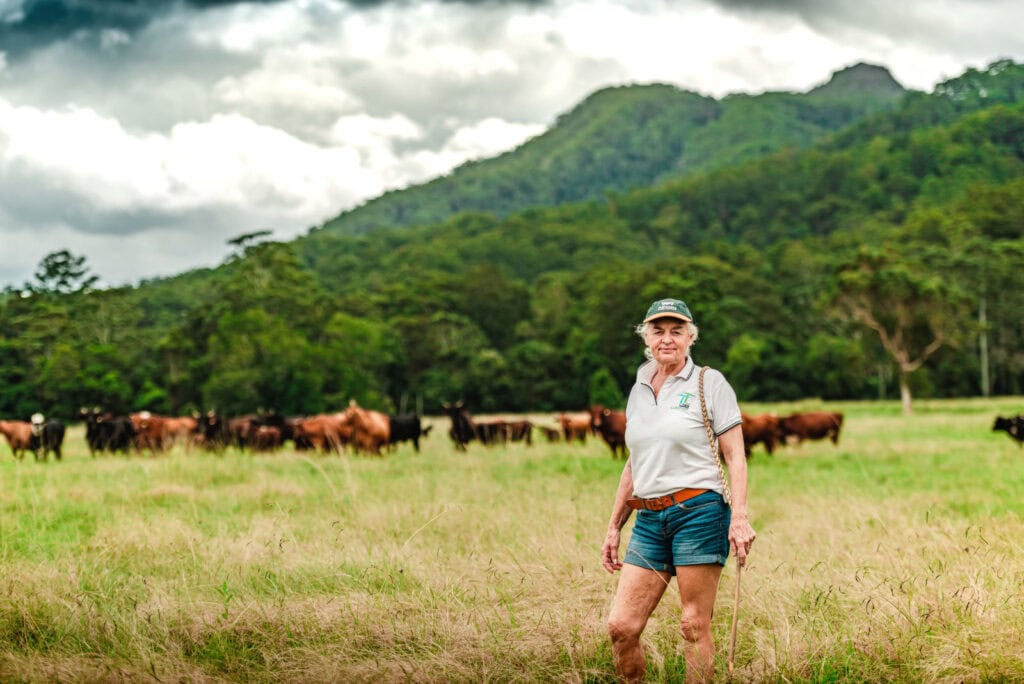
Government to import live Lumpy Skin virus
The Australian government will open a pathway to import live lumpy skin disease virus to accelerate diagnostic capability and enable testing of lumpy skin disease vaccines.
The decision follows a written request from the Cattle Council of Australia (CCA) which resolved that importing the live virus was a necessary step to give Australian scientists the best chance to control the disease in the event of an outbreak.
�Importing of the live virus is our best bet to prepare and protect Australia, and it is not a decision that we have taken lightly.�
Federal Agriculture Minister David Littleproud
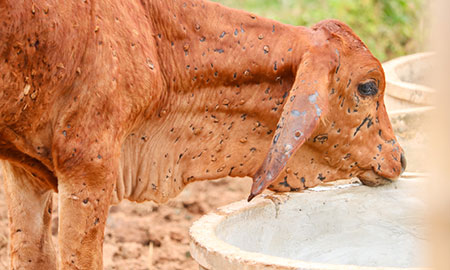
�Live virus would only be held at our world-leading Australian Centre for Disease Preparedness (ACDP) under strict containment.
�The Department of Agriculture, Water and the Environment will work with the ACDP to assess its processes and facilities to ensure the safe import.�
CCA President Markus Rathsmann applauded the swift action.
�This decision shows there�s no time to waste,� Mr Rathsmann said. �It�s important we work towards the development of an mRNA vaccine, as it doesn�t carry the risk of infection that comes with traditional vaccines.
�If this disease hit Australia, our most valuable international markets would close.”
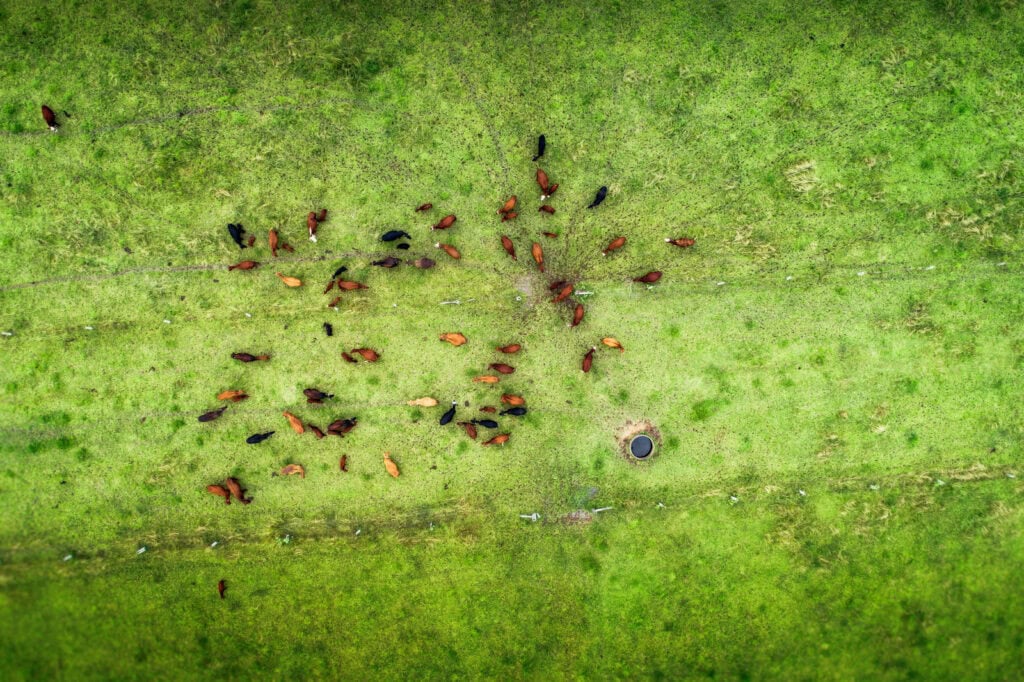
�Our best chance at keeping it out is to help our Indonesian neighbours bring their outbreak under control.”
Markus Rathsmann, Cattle Council of Australia President
�The development of a new vaccine and diagnostic systems will benefit not only us, but cattle producers the world over.�
All commercially produced vaccines are only available overseas and contain modified live lumpy skin disease virus.
Stronger focus on biosecurity welcomed
NSW Farmers is backing calls from NSW Agriculture Minister Dugald Saunders to make biosecurity a stronger focus ahead of the federal election, as pests and diseases continue to threaten the multibillion-dollar agriculture sector.
Biosecurity was front of mind for Minister Saunders as he attended the Royal Easter Show and urged his federal Nationals counterparts to do more on the critical issue.
Matthew Madden from the NSW Farmers Biosecurity Committee said pushing for biosecurity funding was a key focus for the association, prompting several pre-budget requests for the state government.
�Over the past few years we�ve seen commitments to biosecurity that haven�t really delivered the sustainable funding required for long-term growth and security,� Mr Madden said.
�The recent spread of Japanese encephalitis virus to places it has never been in Australia, namely NSW and Victoria, tells us something about our changing environment and ecosystems � and we need to be prepared for that.
�We have been forewarned by Australia�s chief science agency, CSIRO, that a globalised world and a changing climate will present new biosecurity risks, and we absolutely cannot be caught flat-footed on this issue.�
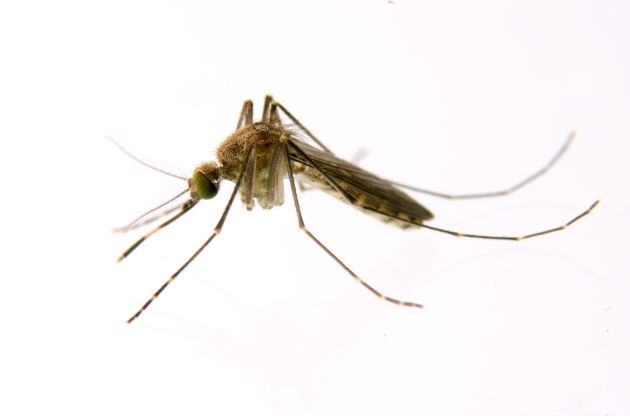
�Biosecurity is a perpetual concern given the extreme cost a disease outbreak would carry, as well as the significant trade advantage Australia holds thanks to our relative disease-free status.
�At a state level, investment needs to be made in research and development to find smart and innovative solutions to threats, while at a national level we need a long-term funding model that makes those presenting a biosecurity risk pay.�
Biosecurity threats are high on the radar for NSW Farmers. Read more stories about the issue here.


